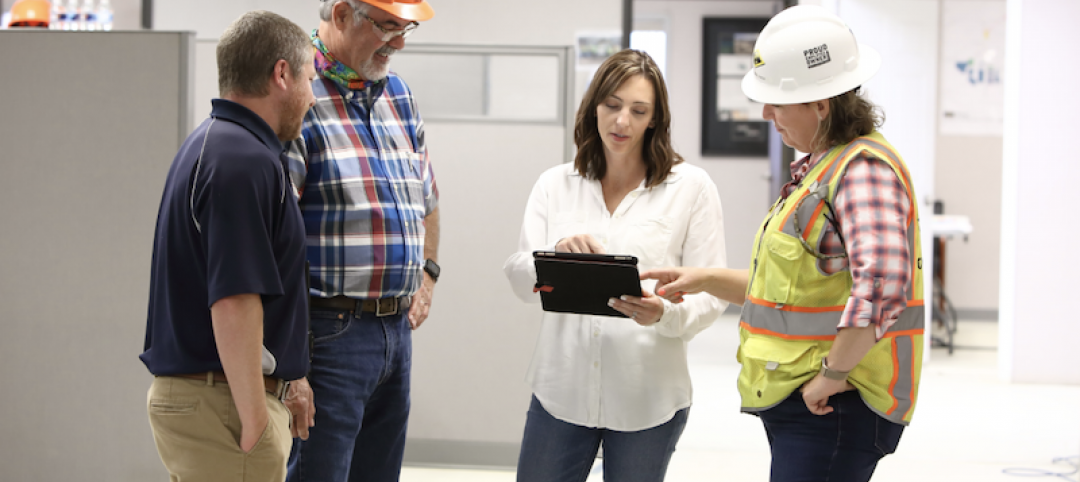OSHA published the long-delayed updates to its crane operator certification requirements in the Nov. 9 Federal Register.
As was expected, the agency will require certification by type of crane, and will accept certification by crane type and its lifting capacity. OSHA originally sought to certify operators solely by crane type and capacity in 2010.
That certification requirement was supposed to go into effect in 2014, but the agency later discovered that two of the four accredited testing services were issuing certifications for type of crane rather than type and capacity. The new rule specifies that certification/licensing must be accomplished via an accredited testing service, an independently audited employer program, military training, or compliance with qualifying state or local licensing requirements.
Most of the new final rule will go into effect Dec. 9, except for requirements that employers evaluate crane operators and document those evaluations. The latter requirements will take effect Feb. 7, 2019.
Related Stories
Codes and Standards | Aug 12, 2021
AGC pushes for more environmentally friendly construction
Contractor trade group supports government investment, tax incentives to reduce carbon footprints.
Codes and Standards | Aug 11, 2021
Decentralized approach to codes means emissions reduction responsibility falls on local officials
Efficiency advocates focusing more on local code amendments.
Codes and Standards | Aug 10, 2021
Dept. of Energy issues model energy code determinations for commercial, residential buildings
2021 IECC offers 9.4% site energy savings.
Digital Twin | Aug 9, 2021
Digital Twin Maturity white paper offers guidance on digital twin adoption
Provides lifecycle map and an approach for incorporating digital twins.
Codes and Standards | Aug 5, 2021
Contractors can be liable for building failures many years after project completion
Personal injury suits could be brought decades after substantial completion.
Codes and Standards | Aug 4, 2021
Mass timber is a natural choice for building recycling through deconstruction
Designing wood buildings to optimize recovery of materials for disassembly aids carbon sequestration.
Codes and Standards | Aug 3, 2021
Dept. of Energy releases initial version of the Spawn of EnergyPlus software
Targets new use cases in advanced controls, district systems, and grid integration.
Codes and Standards | Aug 2, 2021
Several U.S. cities among most expensive places to build in the world
San Francisco, New York, and Boston head the domestic list.
Codes and Standards | Jul 28, 2021
American Concrete Institute creates new director of innovative concrete technology post
Aim is to attract emerging technologies for development.
Codes and Standards | Jul 28, 2021
Higher ed faces infrastructure backlog of $112.3 billion
Study recommends integrated strategic planning for best results.

















